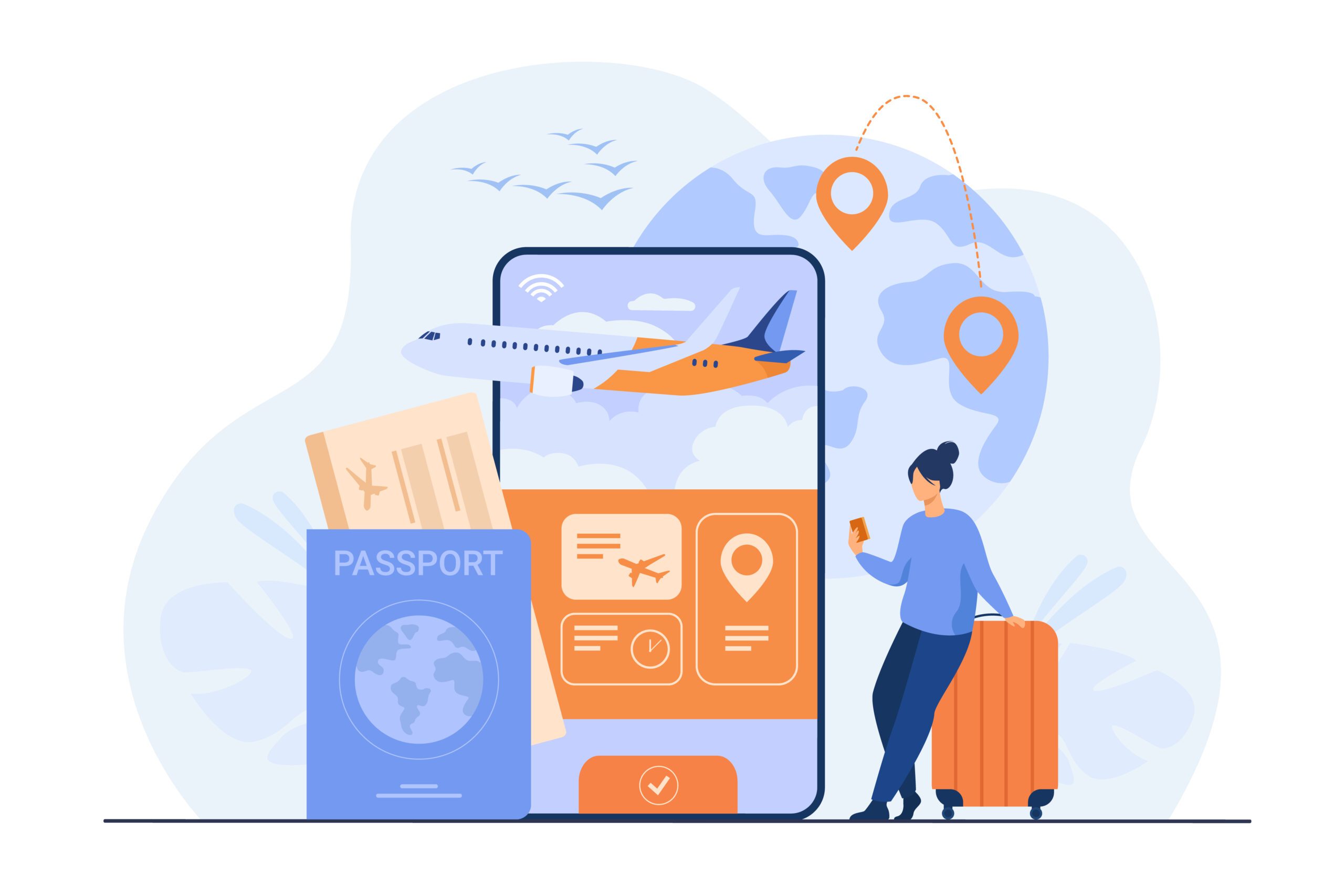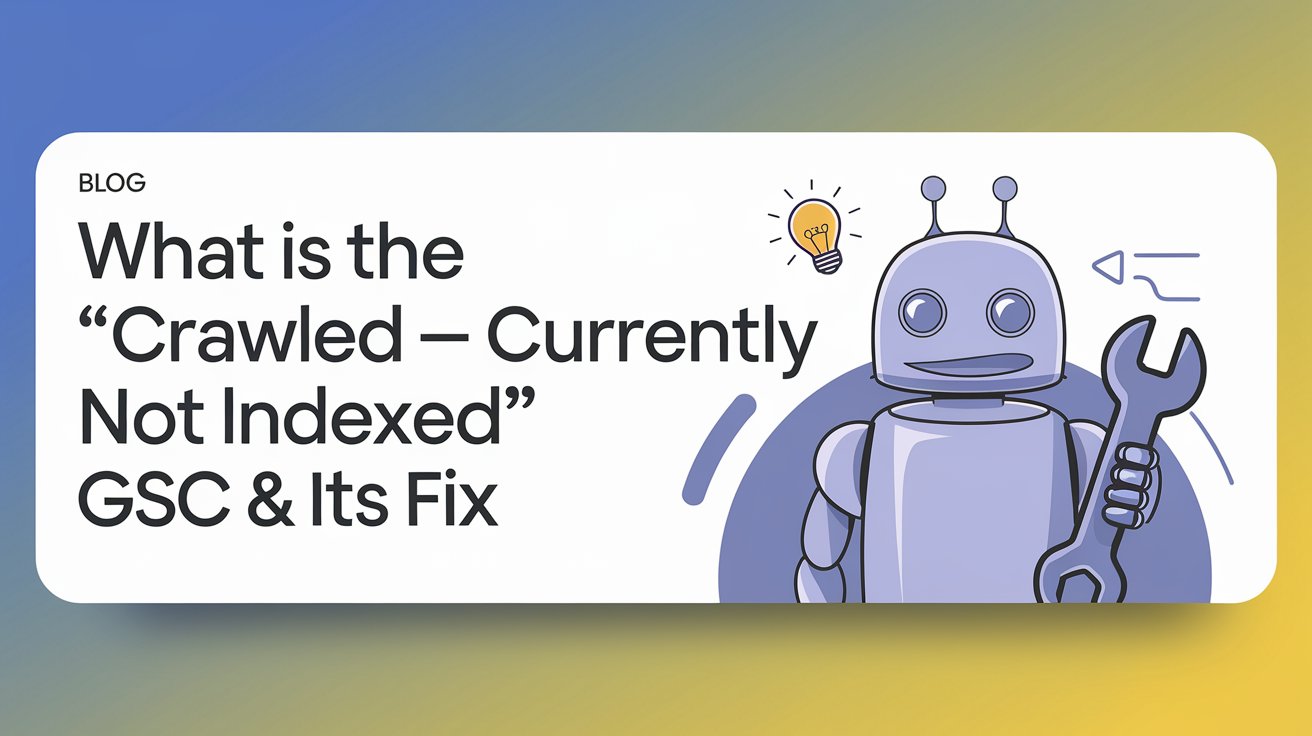Introduction
As one of the fastest-growing tech hubs in the world, Dubai has established itself as a global leader in innovation and digital transformation. The city’s thriving business ecosystem has fueled demand for cutting-edge technological solutions, with mobile app development in Dubai playing a pivotal role in helping businesses stay competitive. As we move forward into 2025 and beyond, the future of mobile app development in Dubai is being shaped by emerging technologies like Artificial Intelligence (AI), Automation, and other advanced tech innovations. In this blog, we will explore how these technologies are driving the evolution of mobile apps, what businesses can expect shortly, and how they can leverage these advancements to gain a competitive edge.
The Rise of AI in Mobile App Development
AI is transforming mobile app development by enabling apps to deliver smarter, more personalized, and efficient user experiences. From virtual assistants and chatbots to predictive analytics and automated processes, AI is being integrated into apps across various industries to enhance functionality and provide users with seamless interactions.
- Personalized User Experiences
One of the most significant benefits of AI integration is its ability to analyze user behavior and preferences to offer personalized content and recommendations. For instance, e-commerce apps in Dubai can use AI algorithms to suggest products based on a user’s browsing history, search patterns, and past purchases. This level of personalization leads to higher user engagement and satisfaction, which can directly impact business growth.
- Smart Virtual Assistants and Chatbots
AI-powered chatbots have become an essential feature for many businesses in Dubai, especially in sectors like retail, banking, and hospitality. These virtual assistants can handle customer queries, provide real-time support, and even assist in making reservations or purchases, all without the need for human intervention. This not only improves customer service but also reduces operational costs for businesses.
- Enhanced Data Security
Data security is a top concern for businesses and consumers alike. AI technology helps in identifying potential security threats and vulnerabilities by analyzing vast amounts of data in real-time. This proactive approach ensures that mobile apps remain secure and that users’ personal information is protected, which is particularly important in sectors like finance and healthcare.
Automation: Streamlining Processes and Boosting Efficiency
Automation is another key trend that is revolutionizing mobile app development in Dubai. By automating repetitive tasks and processes, businesses can increase efficiency, reduce costs, and free up resources to focus on more strategic activities.
- Automated Testing and Quality Assurance
One of the most time-consuming aspects of mobile app development is testing and quality assurance. Automation tools can streamline this process by running multiple tests simultaneously, identifying bugs, and ensuring that the app is performing optimally across different devices and platforms. This speeds up the development process, allowing businesses to launch their apps faster and with fewer errors.
- Task Automation for Businesses
For businesses that rely on mobile apps to interact with customers, automation can help streamline tasks such as order processing, payment handling, and inventory management. For instance, a retail app in Dubai can automate the process of updating stock levels and sending notifications to users when products are back in stock. This not only enhances the user experience but also improves operational efficiency.
- Marketing Automation
Automation tools are also being used to enhance marketing efforts. Mobile apps can be integrated with automated marketing systems to send personalized promotions, notifications, and offers to users based on their activity and preferences. This targeted approach helps businesses in Dubai drive engagement and increase sales without the need for constant manual intervention.
The Role of IoT in Mobile App Development
The Internet of Things (IoT) is another technology that is shaping the future of mobile apps. IoT devices, which are connected to the internet and can communicate with each other, are becoming increasingly popular across various sectors in Dubai, from smart homes and healthcare to logistics and transportation.
- Smart Home Automation
Mobile apps that integrate with IoT devices enable users to control various aspects of their homes, such as lighting, temperature, and security systems, directly from their smartphones. In Dubai, where the smart city initiative is gaining traction, there is a growing demand for apps that can connect and manage multiple IoT devices seamlessly.
- Healthcare and Fitness
IoT-enabled devices such as fitness trackers, smartwatches, and health monitoring systems are making it easier for users to track their health and wellness. Mobile apps that connect with these devices can offer users insights into their health data, monitor chronic conditions, and even alert medical professionals in case of emergencies. This has significant implications for the healthcare industry in Dubai, where there is a growing focus on smart healthcare solutions.
- Smart Logistics and Transportation
In the logistics and transportation sector, IoT devices can be used to track shipments, monitor vehicle performance, and optimize delivery routes. Mobile apps that integrate with these IoT systems provide businesses with real-time insights, helping them improve efficiency and reduce costs. This is particularly beneficial in Dubai, where logistics is a critical component of the economy.
The Emergence of AR and VR in Mobile Apps
Augmented Reality (AR) and Virtual Reality (VR) are no longer just buzzwords; they are becoming an integral part of mobile app development, especially in sectors such as retail, real estate, and tourism. These technologies offer users an immersive and interactive experience, which can significantly enhance customer engagement.
- AR for Retail and E-commerce
Retail businesses in Dubai are using AR to provide users with a unique shopping experience. For example, customers can use AR-enabled apps to visualize how a piece of furniture would look in their home or try on clothes virtually before making a purchase. This interactive approach helps businesses attract more customers and reduce product return rates.
- VR for Real Estate
In Dubai’s booming real estate market, VR technology is being used to offer virtual property tours. Potential buyers can explore properties from the comfort of their homes, without having to visit the site physically. This not only saves time but also allows real estate companies to reach a wider audience, including international buyers.
- Tourism and Entertainment
Dubai is a major tourist destination, and AR/VR technologies are being used to enhance the tourism experience. From virtual museum tours to interactive city guides, these technologies provide visitors with engaging and informative experiences, encouraging them to explore more of what the city has to offer.
Blockchain Technology: Ensuring Secure and Transparent Transactions
Blockchain technology, known for its secure and transparent nature, is finding its way into mobile app development. In Dubai, where there is a strong focus on digital transformation, blockchain is being used to ensure secure transactions, reduce fraud, and provide a transparent record of data exchanges.
- Secure Payments and Transactions
Mobile apps that integrate blockchain technology can offer users a secure platform for making payments and transferring funds. This is especially useful for e-commerce and fintech apps, where users need to feel confident that their financial information is safe.
- Supply Chain Management
Blockchain can be used to track products throughout the supply chain, ensuring that they are authentic and that all transactions are recorded accurately. This level of transparency is particularly valuable for businesses in Dubai’s logistics and retail sectors, where supply chain integrity is crucial.
Future Trends: What to Expect in Mobile App Development in Dubai
As technology continues to evolve, we can expect to see new trends and innovations shaping the future of mobile app development in Dubai. Some of these trends include:
- 5G Technology: Faster internet speeds will enable more advanced features, real-time data processing, and improved app performance.
- Voice-Activated Apps: Voice search and voice commands are becoming more popular, and businesses will need to integrate voice technology into their apps to stay competitive.
- Edge Computing: With the increasing use of IoT devices, edge computing will play a critical role in processing data closer to the source, reducing latency and improving performance.
Conclusion
The future of mobile app development in Dubai is bright, driven by advancements in AI, automation, IoT, AR/VR, and blockchain technology. These innovations are not just trends; they represent the future of how businesses will interact with their customers, streamline operations, and drive growth. As businesses in Dubai look to stay ahead in a competitive market, embracing these technologies and integrating them into their mobile apps will be key to success.
Partnering with experienced developers who understand these technologies is essential. Whether you’re looking to create a new app from scratch or enhance an existing one, understanding how to build an app that leverages AI, automation, and other innovations will ensure that your business stays at the forefront of the digital revolution. By investing in advanced mobile app development, businesses in Dubai can look forward to a future of growth, innovation, and success.



